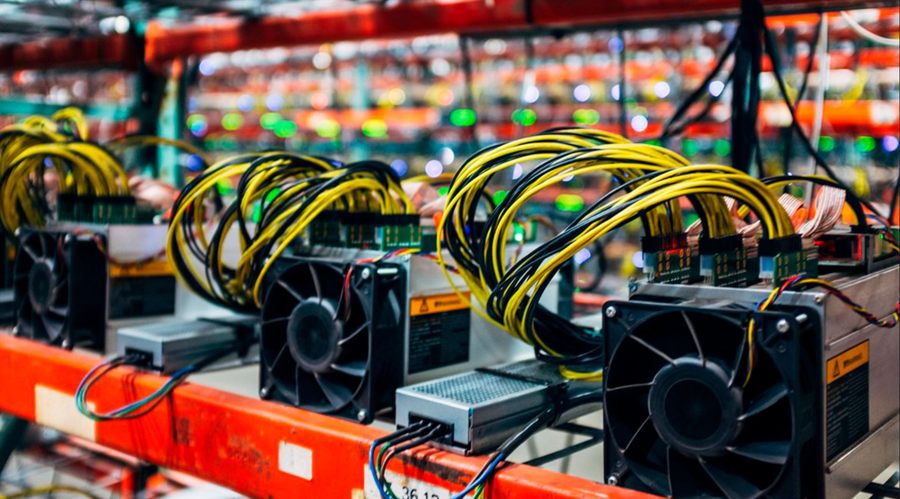Bitcoin Miners Turn to Artificial Intelligence as Debt Pressures Rise
Bitcoin Miners Turn to Artificial Intelligence as Debt Pressures Rise
By
David Goldfarb
Last updated:
September 1, 2025
First Published:
December 2, 2025

Photo: Finance Magnates
The challenge facing mining companies
Bitcoin mining has always been a race between energy costs and block rewards. In recent months however, the balance has shifted in ways that have placed many firms under severe pressure. A combination of higher energy prices, rising debt, and market uncertainty has forced mining companies to search for new revenue streams. For some, artificial intelligence has emerged as the most promising direction.
From blockchain rigs to AI servers
Large scale miners possess a valuable resource that goes beyond cryptocurrency. Their facilities already hold powerful computing equipment, access to cheap energy agreements, and specialized cooling systems. These same infrastructures can be repurposed for training and hosting artificial intelligence models. Instead of abandoning their assets, companies are redirecting their capabilities toward AI workloads which are in growing demand across industries from healthcare to finance.
Why artificial intelligence makes sense
Artificial intelligence requires massive computational power and reliable energy supplies, something miners have already mastered. By offering data centers and cloud based services for AI, mining firms can offset losses from declining Bitcoin margins. This diversification also provides a hedge against the cyclical nature of crypto markets. While Bitcoin prices rise and fall unpredictably, demand for AI computation has shown steady growth.
Early movers in the transition
Several mining firms have begun publicizing their moves into artificial intelligence services. These companies are repurposing portions of their mining farms into AI clusters, capable of supporting machine learning projects and enterprise level clients. By making this shift gradually rather than fully abandoning Bitcoin, they are attempting to maintain relevance in both sectors at once.
Risks in shifting strategies
The pivot toward AI is not without challenges. Converting existing mining setups into AI ready infrastructure requires new hardware, specialized software, and technical expertise. The costs of transformation can be high and returns may not come immediately. Furthermore, firms must carefully manage the balance between their core mining operations and their new AI ventures in order to avoid overextending financially.
The bigger picture
This development highlights the adaptability of industries built around digital infrastructure. What began as a sector purely devoted to cryptocurrency may evolve into a hybrid model that serves both blockchain and artificial intelligence. If successful, miners could create a blueprint for how companies survive periods of downturn by harnessing new technological trends.
What it means for the future
The intersection of Bitcoin mining and artificial intelligence signals a broader trend in the digital economy. Companies that control large scale computational resources are no longer tied to one industry alone. Instead, they are becoming infrastructure providers in a world where data, computation, and energy form the foundation of value creation. For the crypto community, this evolution demonstrates resilience and the ability to adapt in the face of ongoing financial strain.
Popular articles
Subscribe to unlock premium content
Disney’s Timeless Magic and How the Entertainment Giant Continues to Shape Culture and Innovation

Imran Khan’s Economic Missteps Amid Political Chaos in Pakistan

The Philippines’ Digital Shift How Remittances and BPO Are Fueling Growth

Disney’s Timeless Magic and How the Entertainment Giant Continues to Shape Culture and Innovation

Imran Khan’s Economic Missteps Amid Political Chaos in Pakistan

Disney’s Timeless Magic and How the Entertainment Giant Continues to Shape Culture and Innovation









